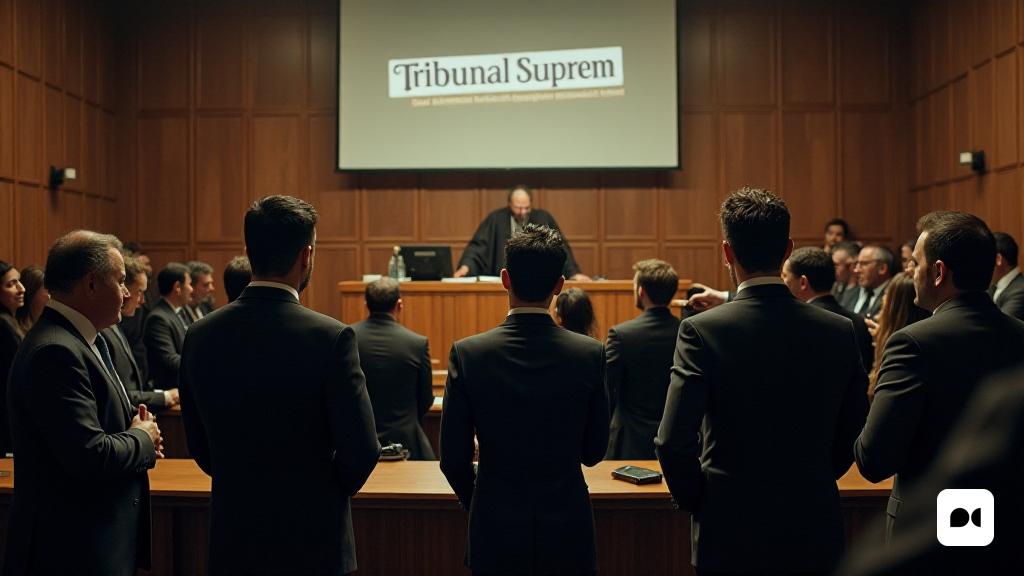Cause Archive: A controversial decision
The Supreme Court has decided to file the case affecting Sumar Member, Eloi Badia, due to his alleged involvement in the irregularities of the Tersa incinerator, located in Sant Adrià de Besòs. This decision, which has been confirmed by the ACN and advanced by ‘El Periódico’, was taken after the prosecution’s request, which has determined that there is not enough evidence to indicate that Badia was aware of the technical problems and the inappropriate conditions of cremation.
Irregularities in the incinerator: an alarming situation
Magistrates have emphasized significant irregularity: temperatures recorded in cremation ovens exceeded 2,400 degrees, even reaching as extreme figures as 10,000 degrees from October 2019. This anomaly cannot be justified physically and has raised concerns about the fulfillment of environmental regulations, which require minimum temperatures of 850 degrees to guarantee the incineration of 850 degrees in guaranteeing the incineration in the incineration in of waste.
Risk to public health
The situation exposes a serious danger to public health, as inappropriate incineration can lead to harmful emissions that affect both air and environment. The law is clear in establishing that combustion gases must be treated at specific temperatures to prevent the dispersion of harmful pollutants.
Reopening of the case: new indications to consider
In a recent turn, the Barcelona High Court agreed to reopen the case after the instructional judge of Badalona decided to file it. This new phase of the judicial process will take into account an expert report that analyzes the anomalies in the temperatures detected by an algorithm. In addition, the severe health risk has been mentioned derived from the incineration of waste at temperatures below legal standards.
Expectations for judgment
The High Court also said the need to evaluate the evidence in an oral judgment, both for the irregularities identified and for the inconsistency between the data obtained by the algorithm and the emissions recorded by the Generalitat of Dioxins and Furans. The perspective of an oral judgment opens new avenues for research and responsibility in this matter.

